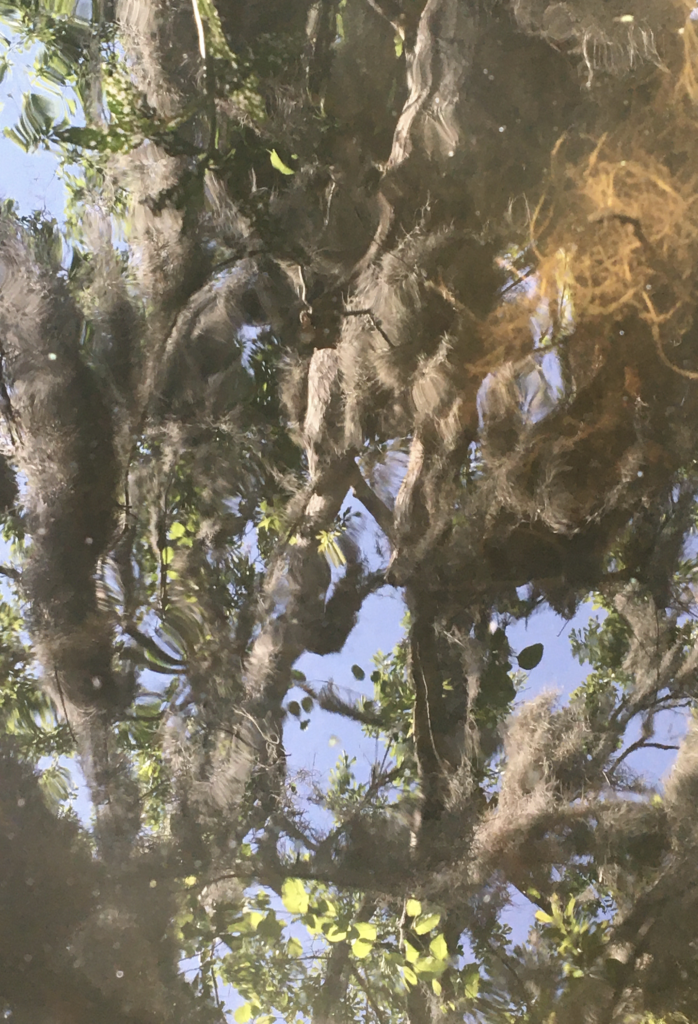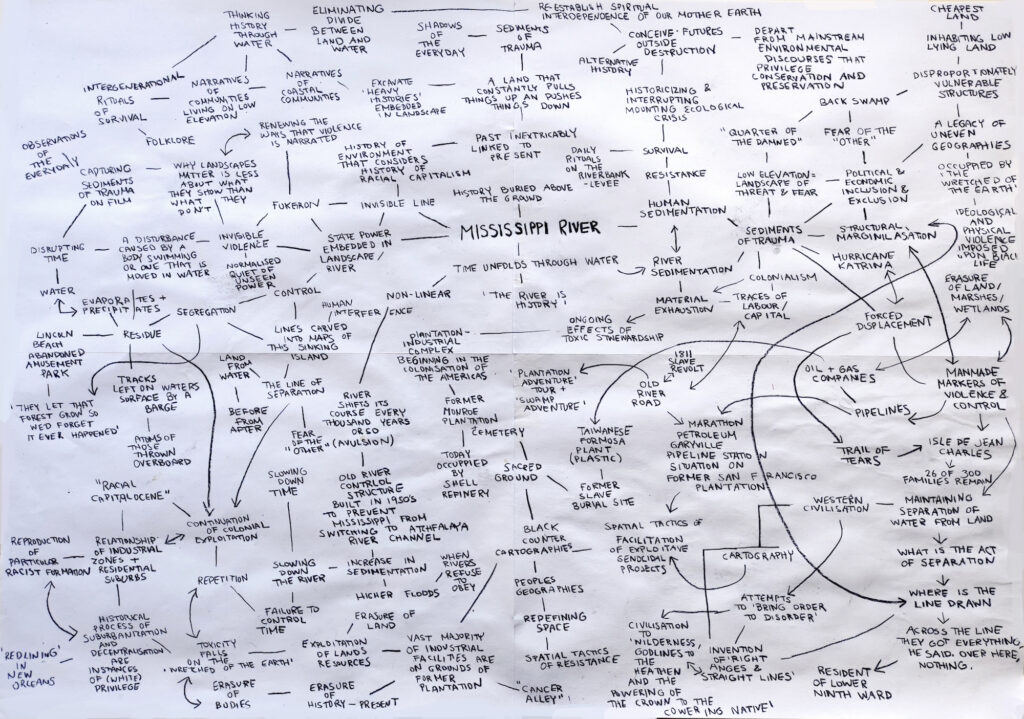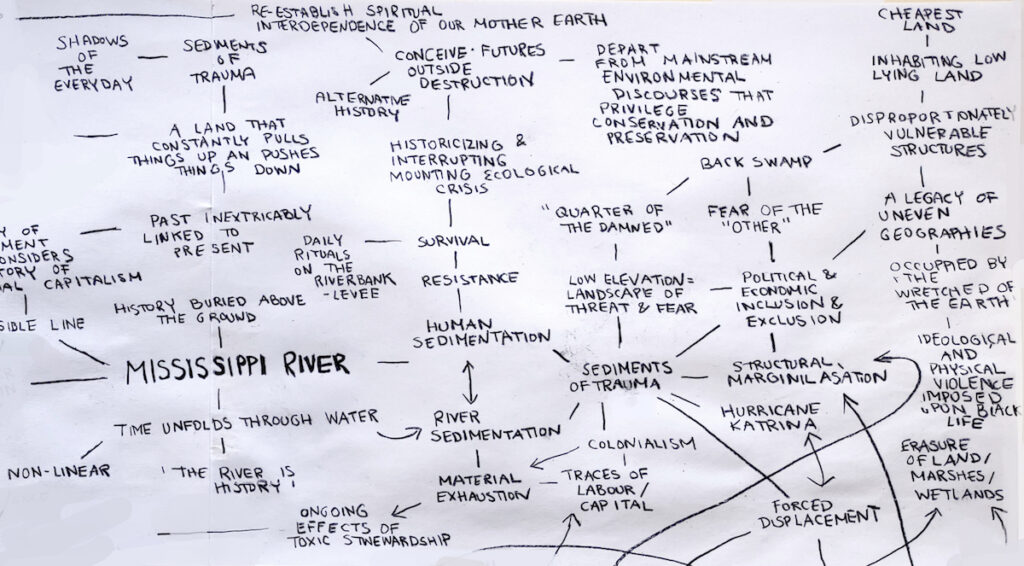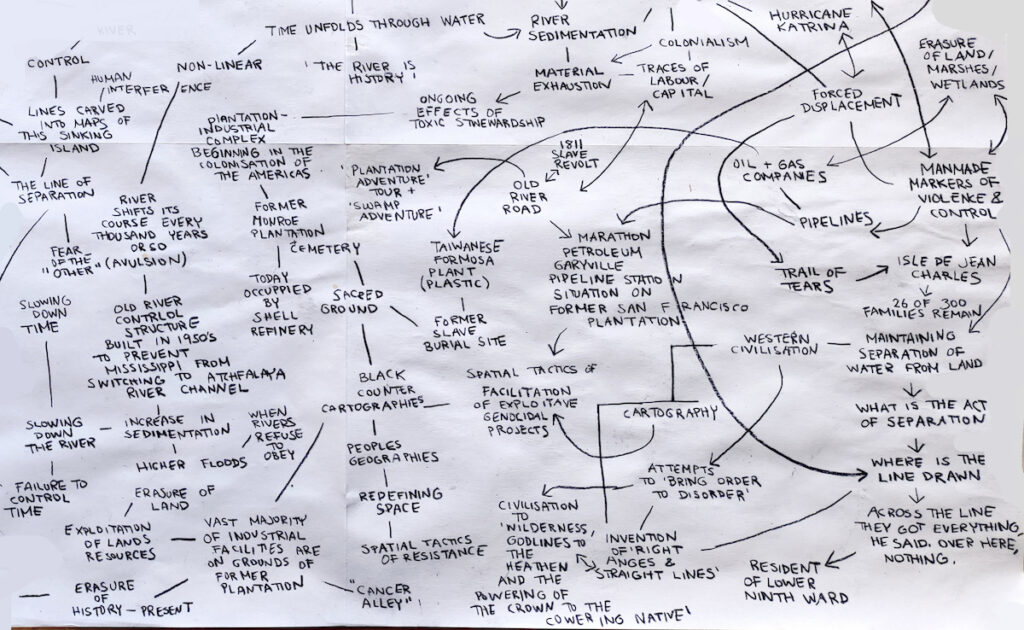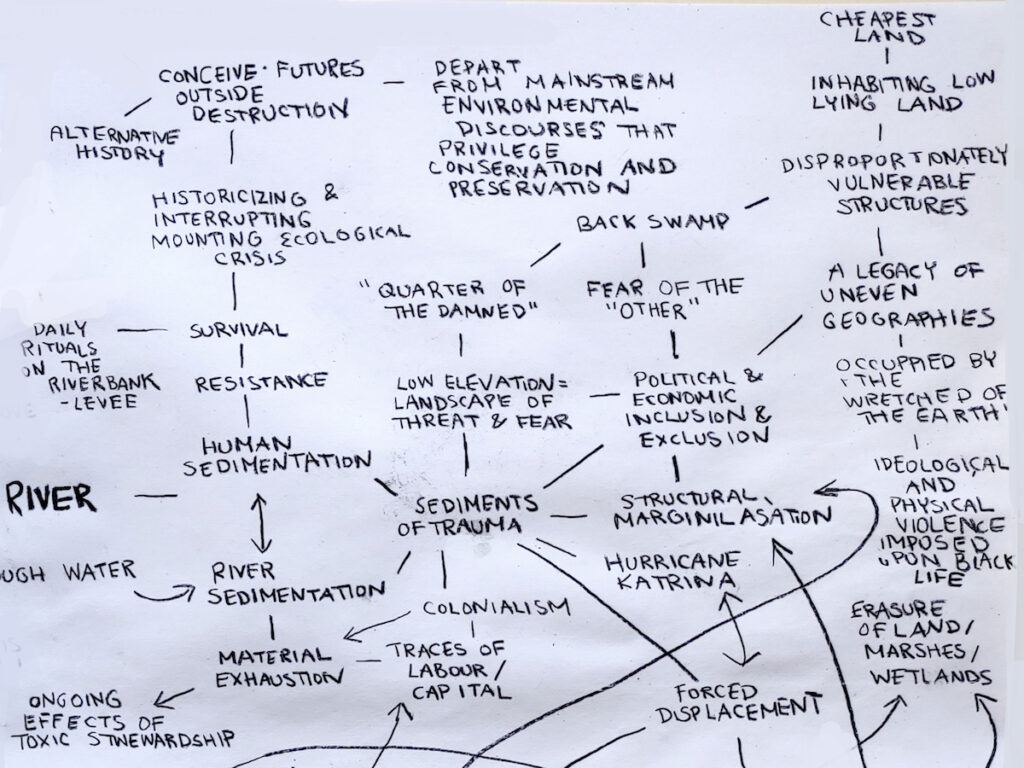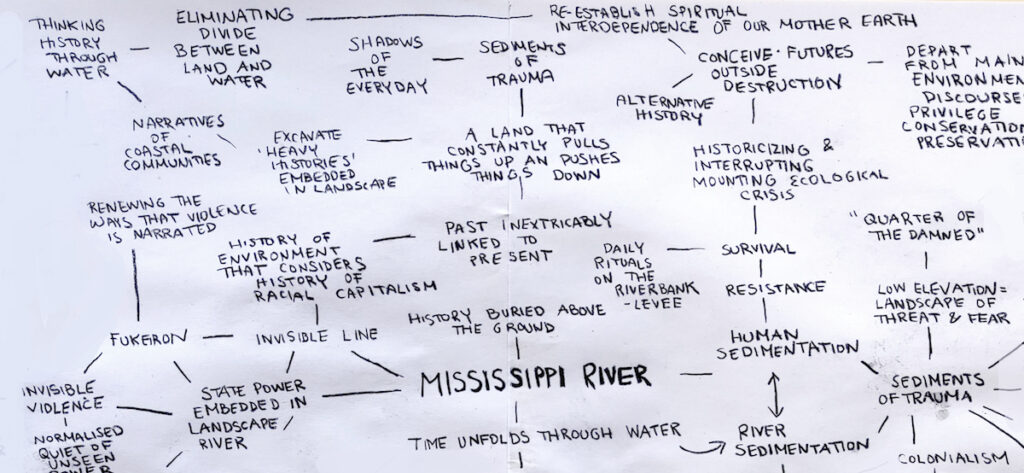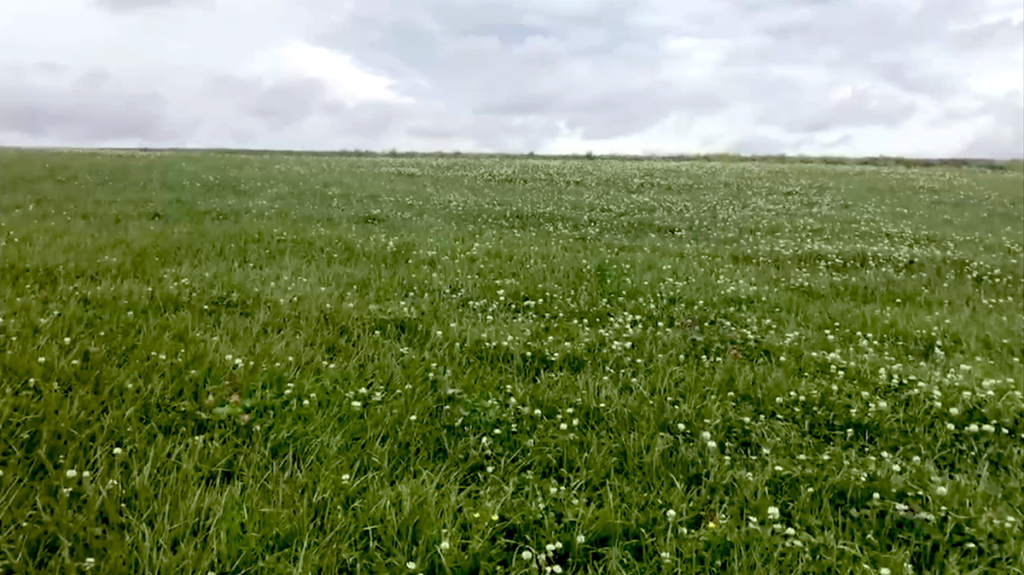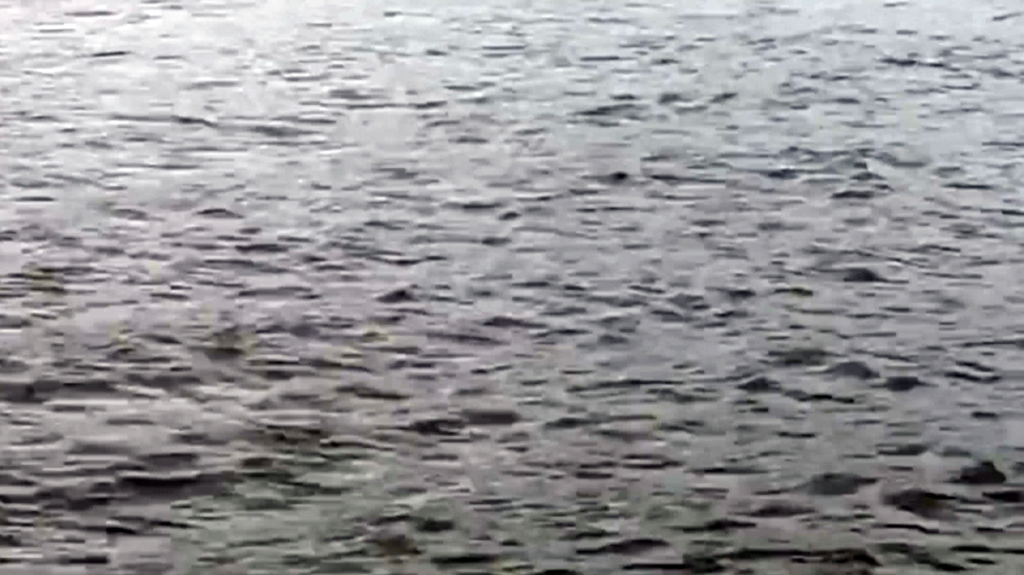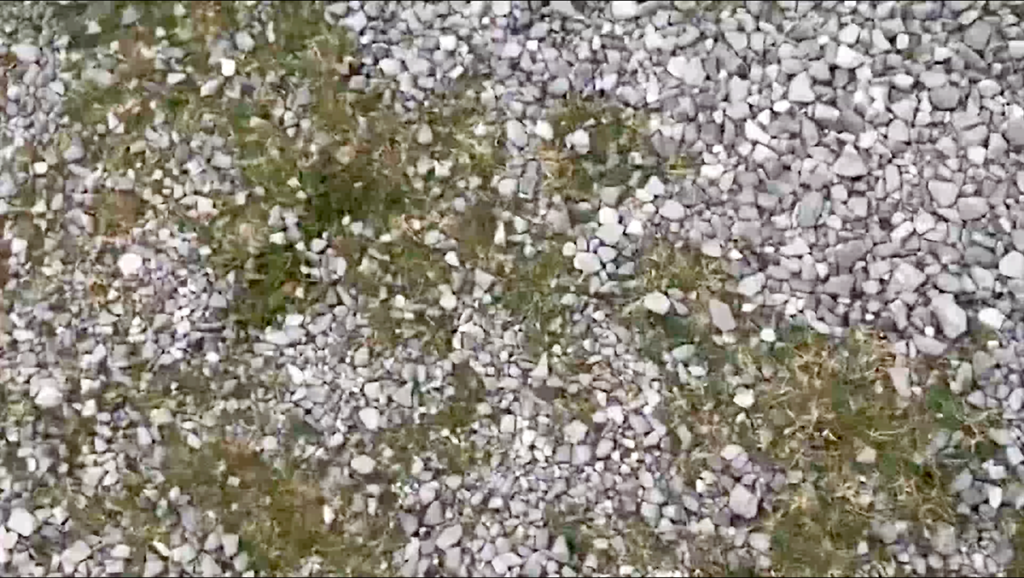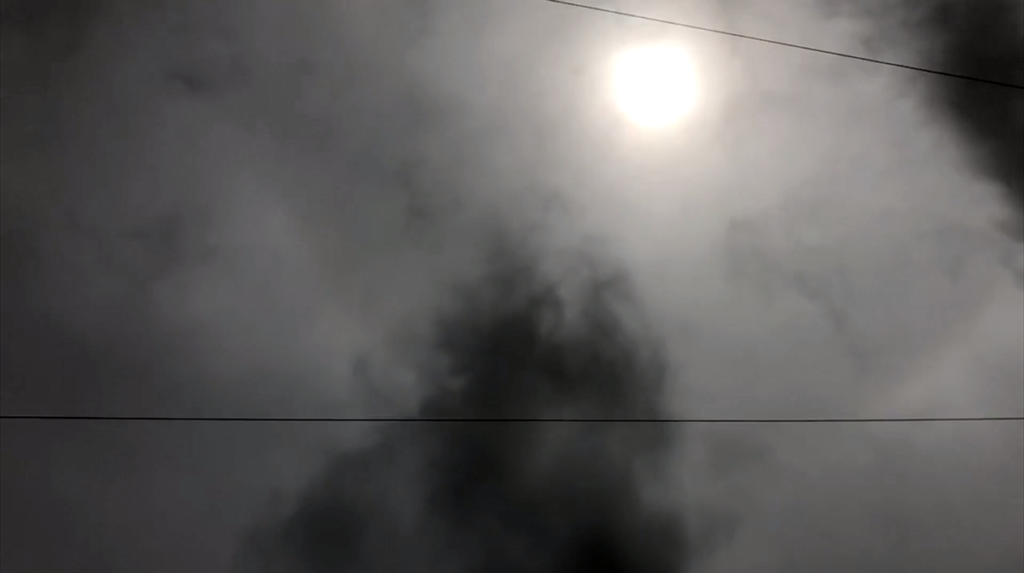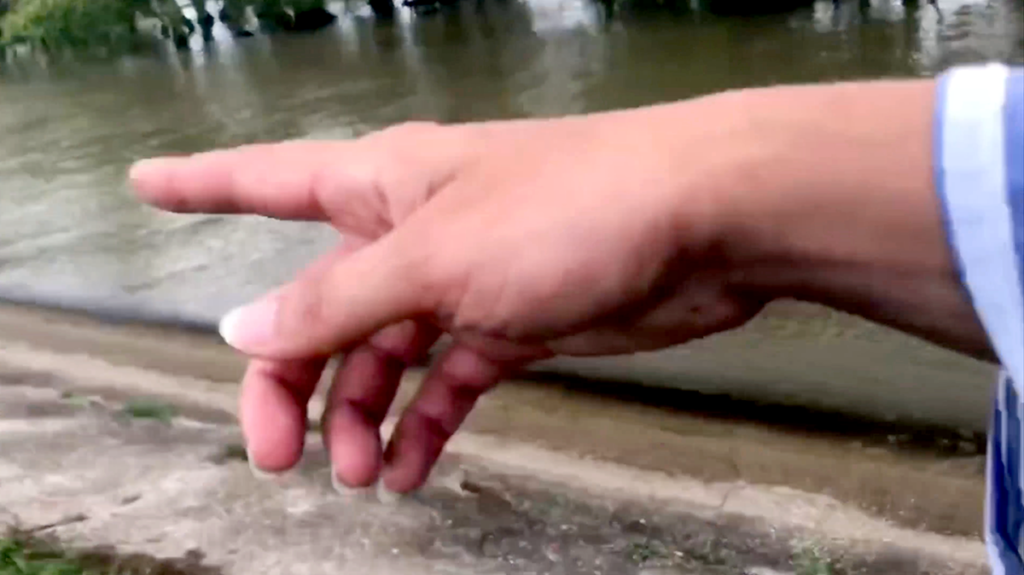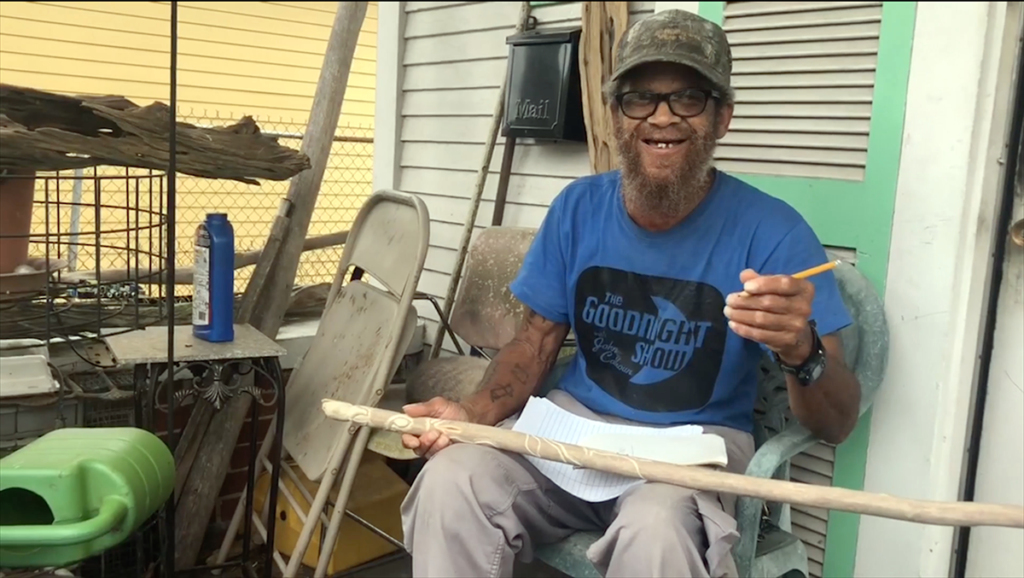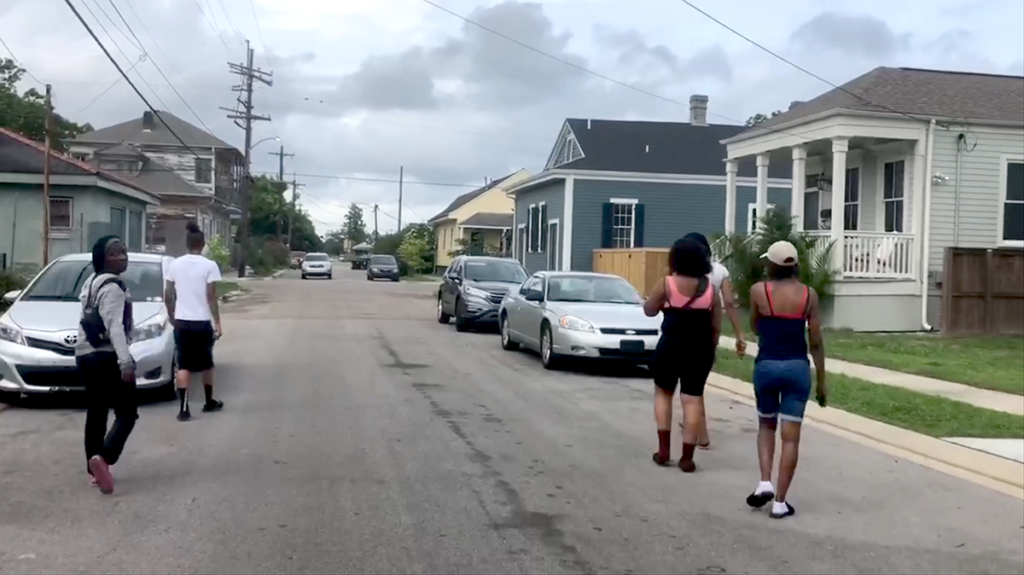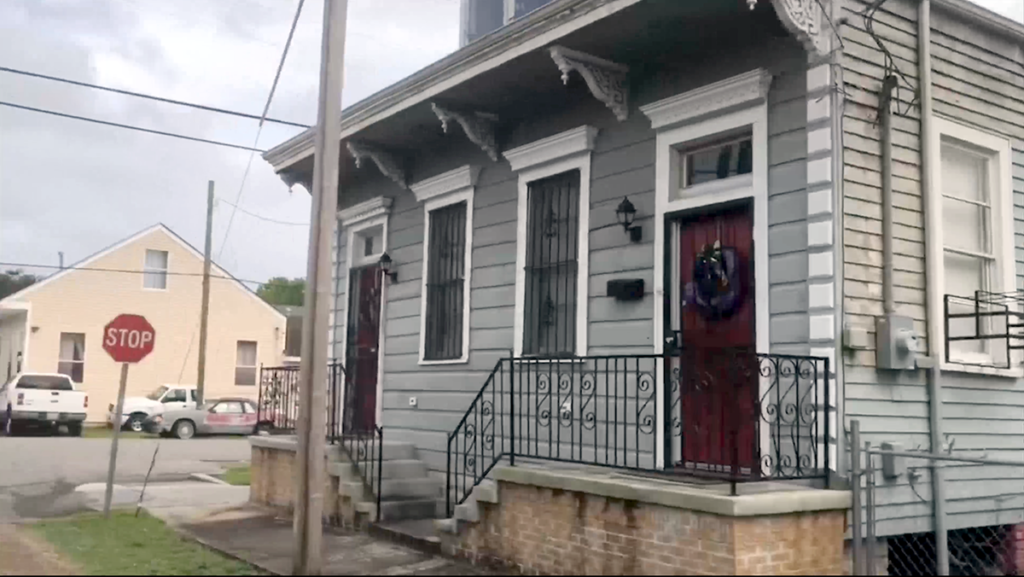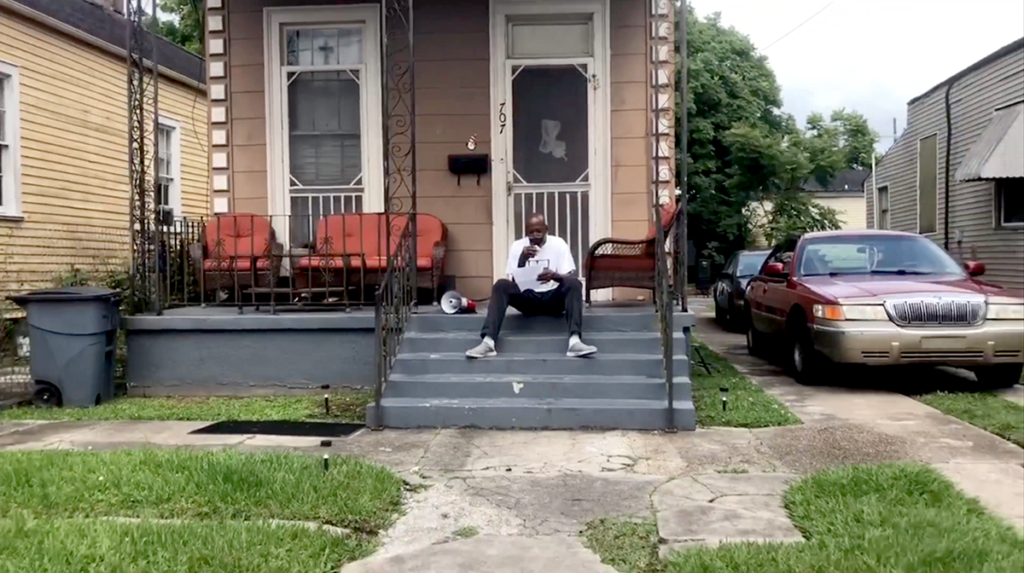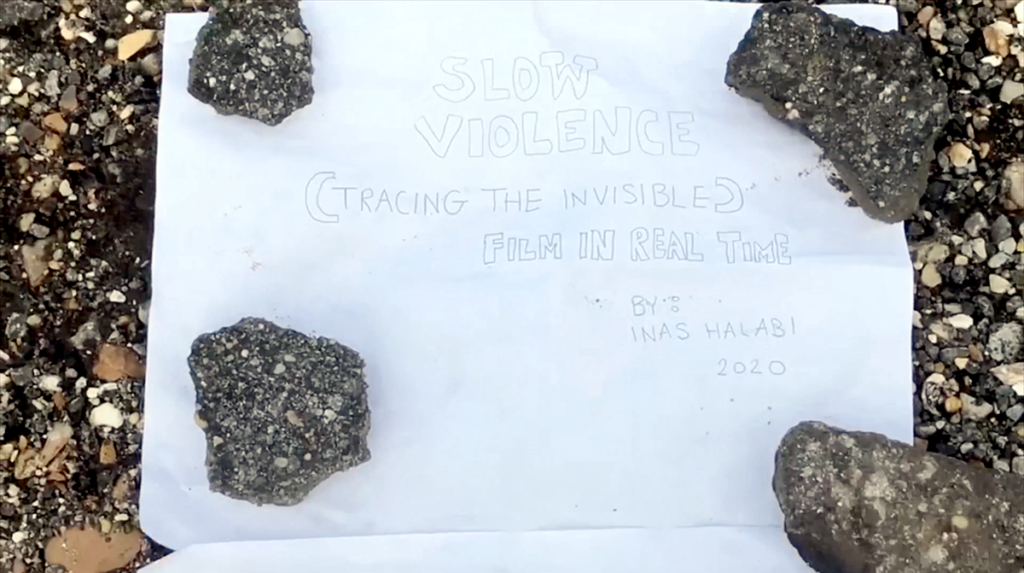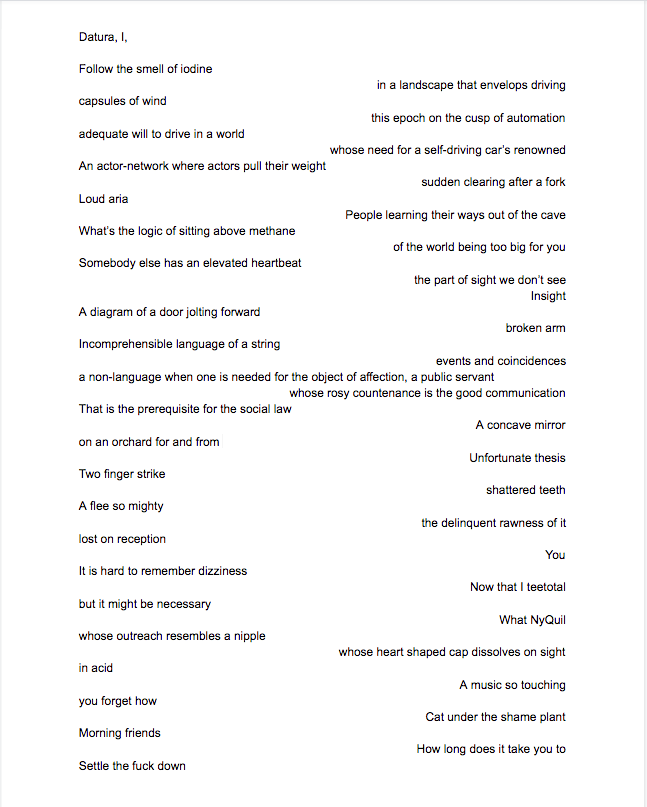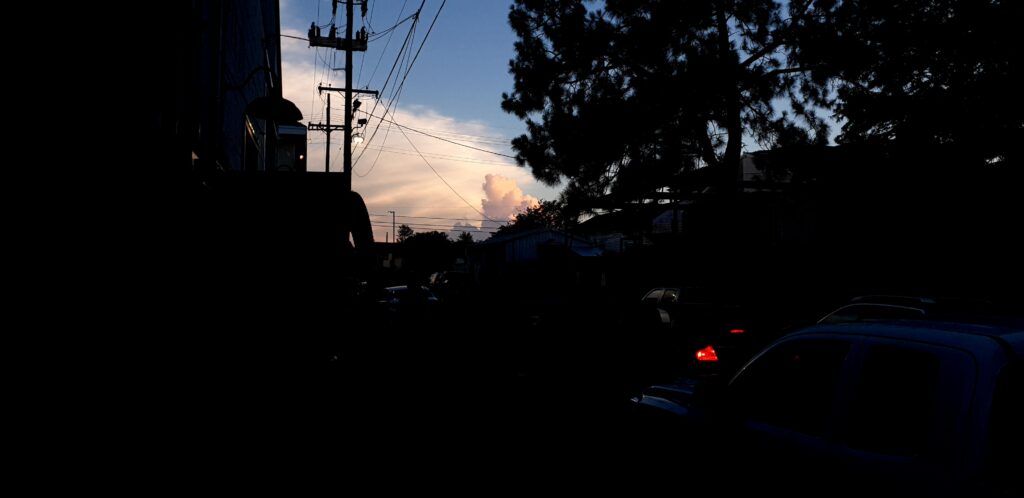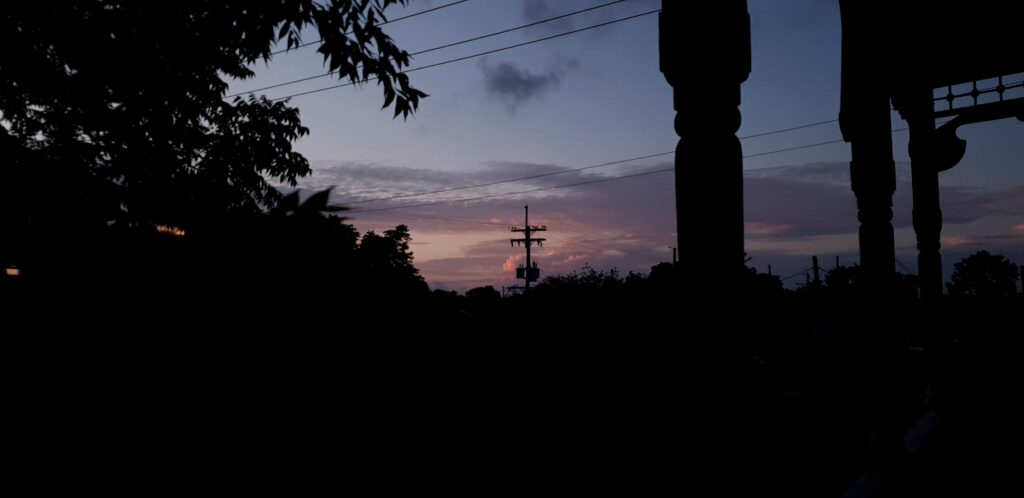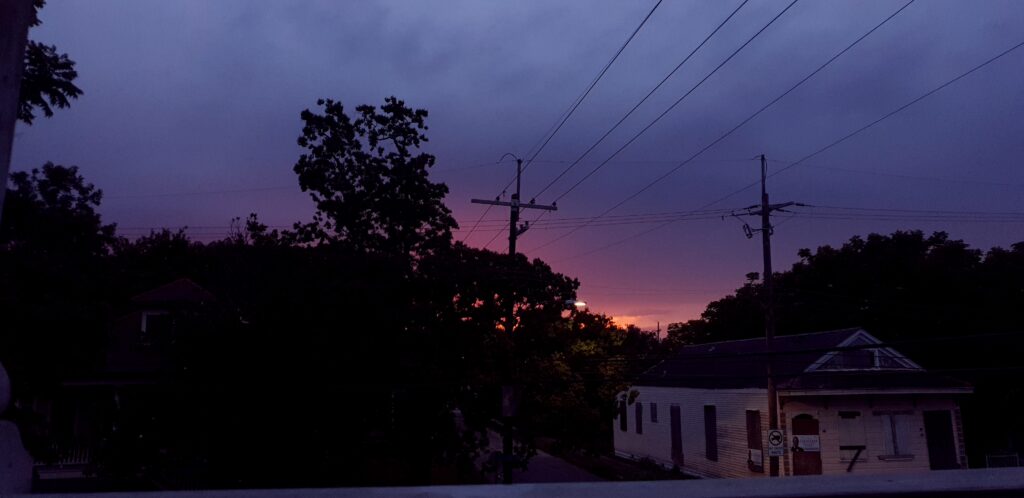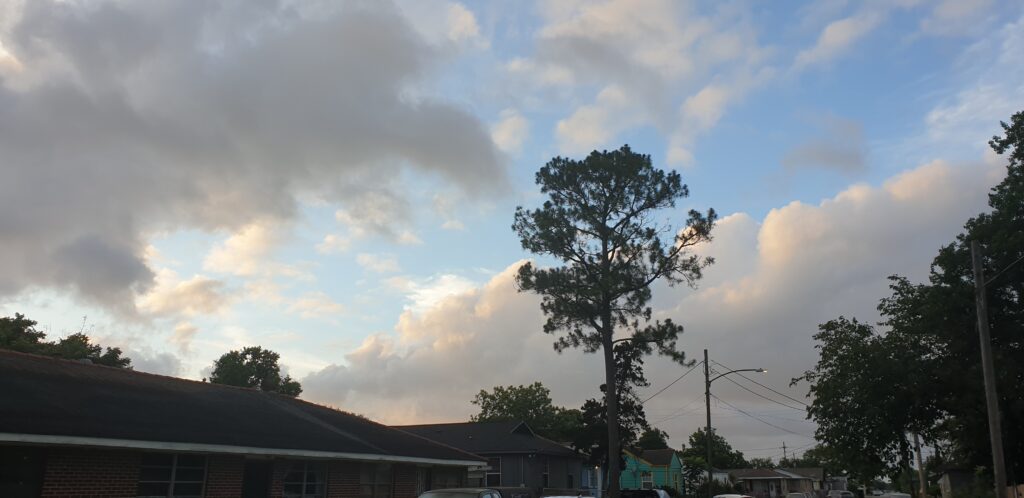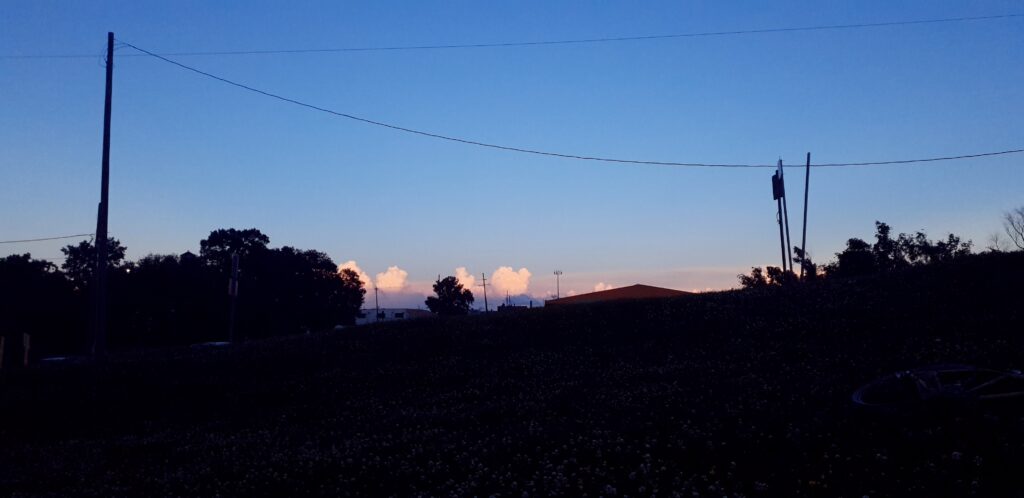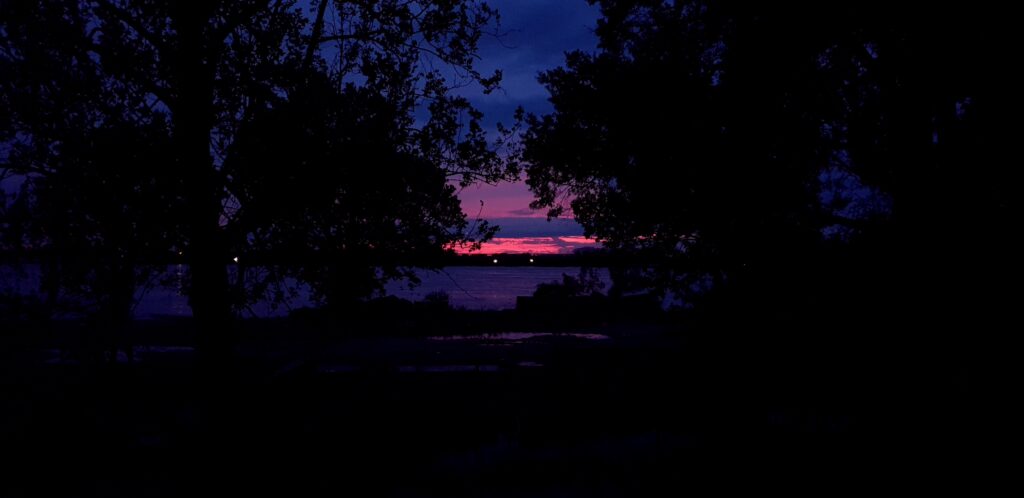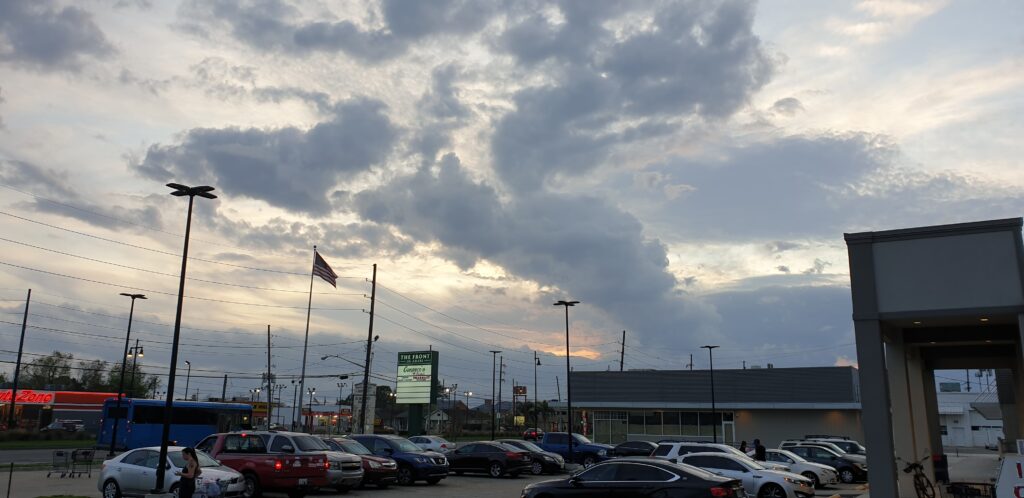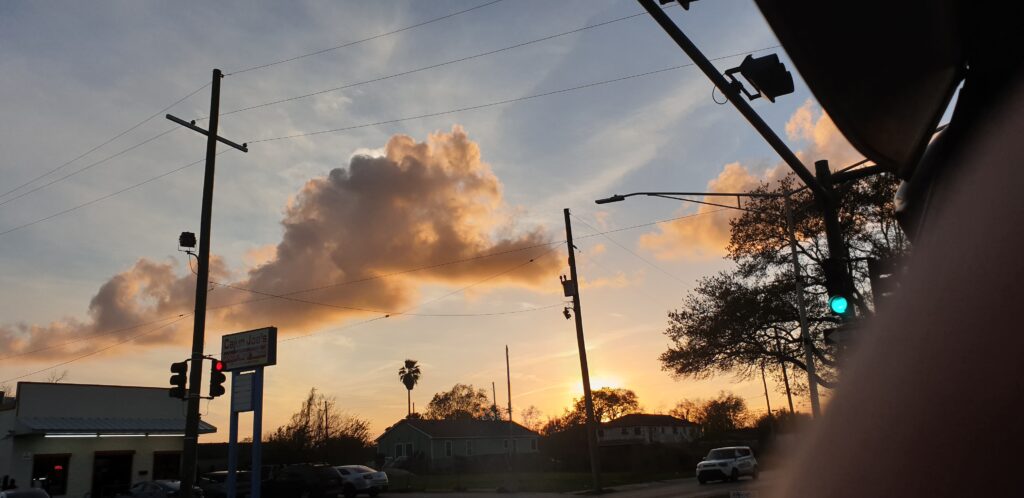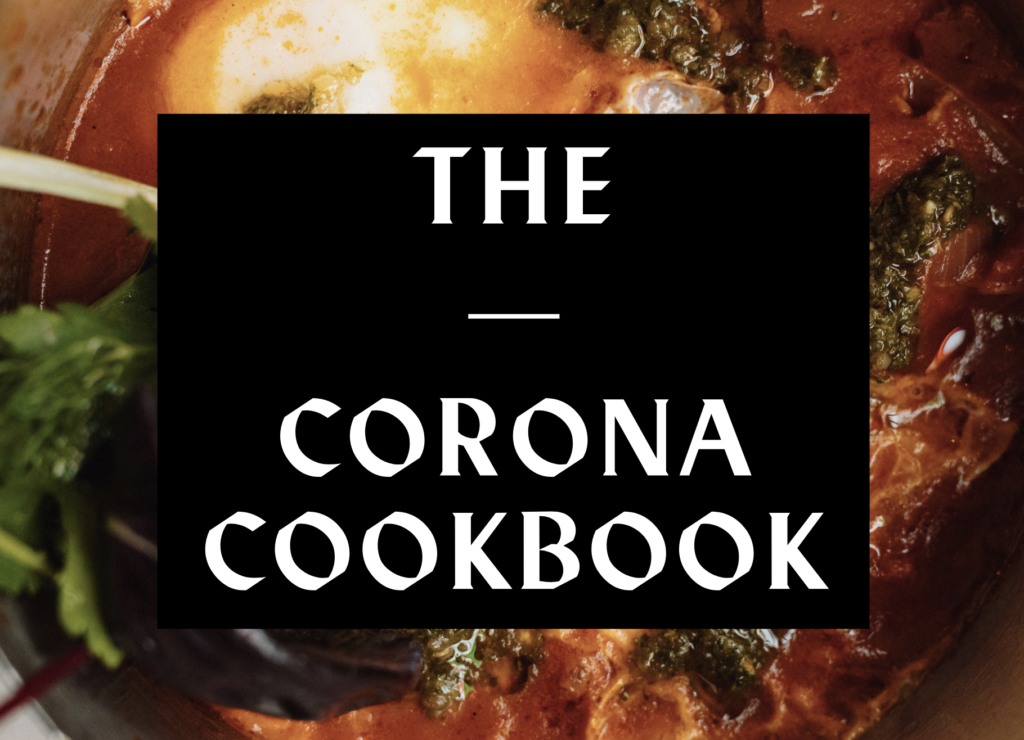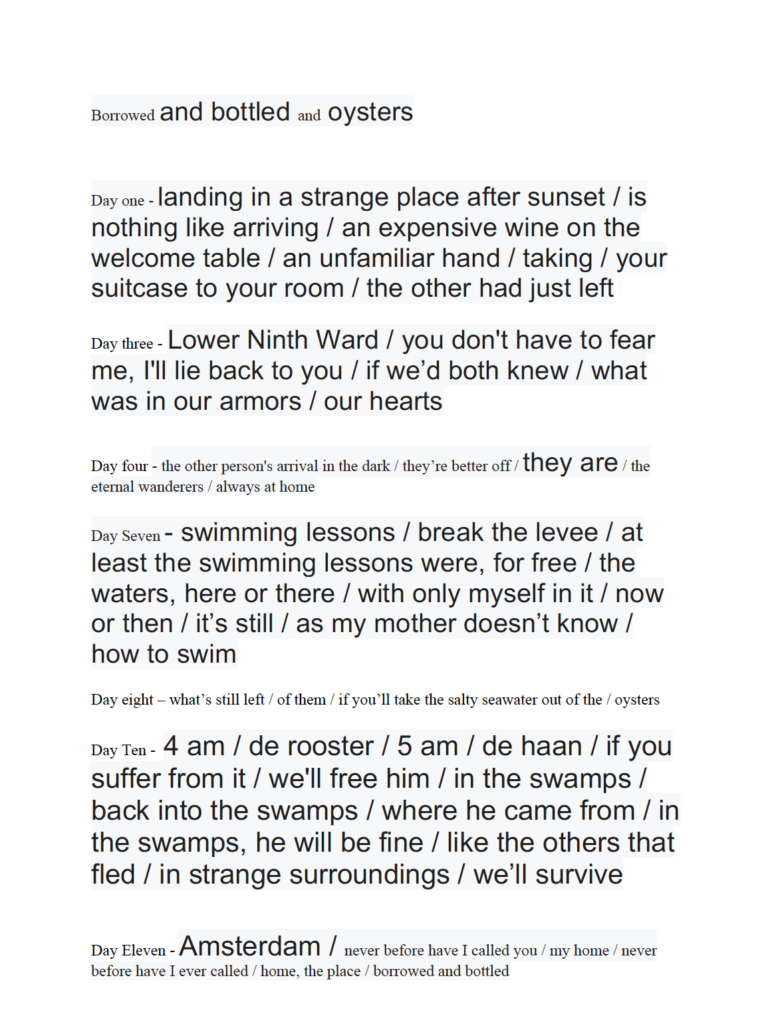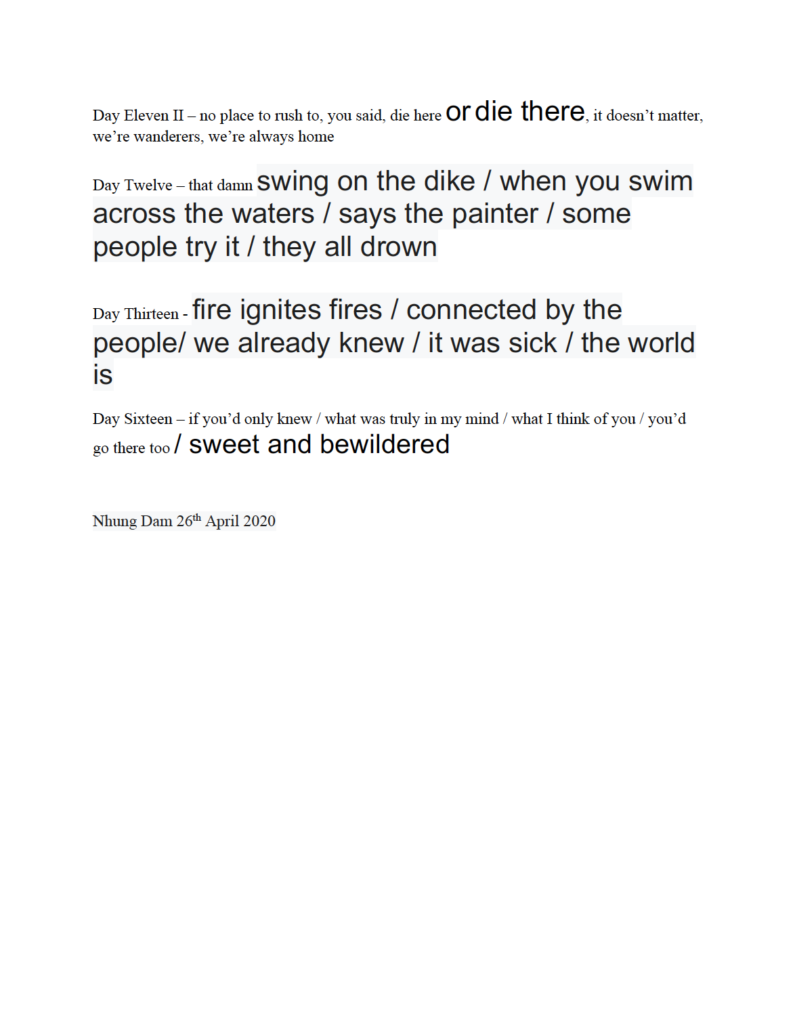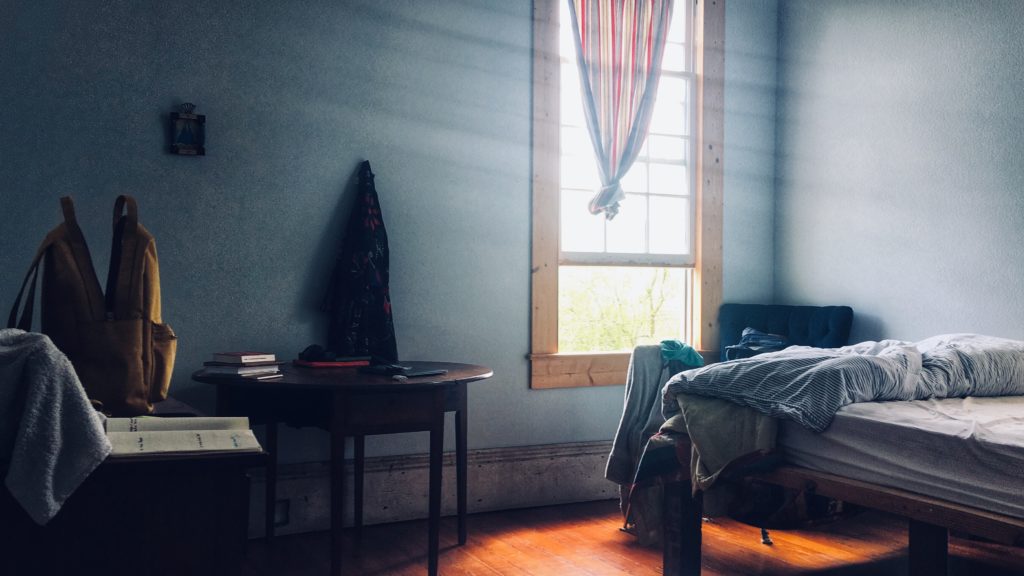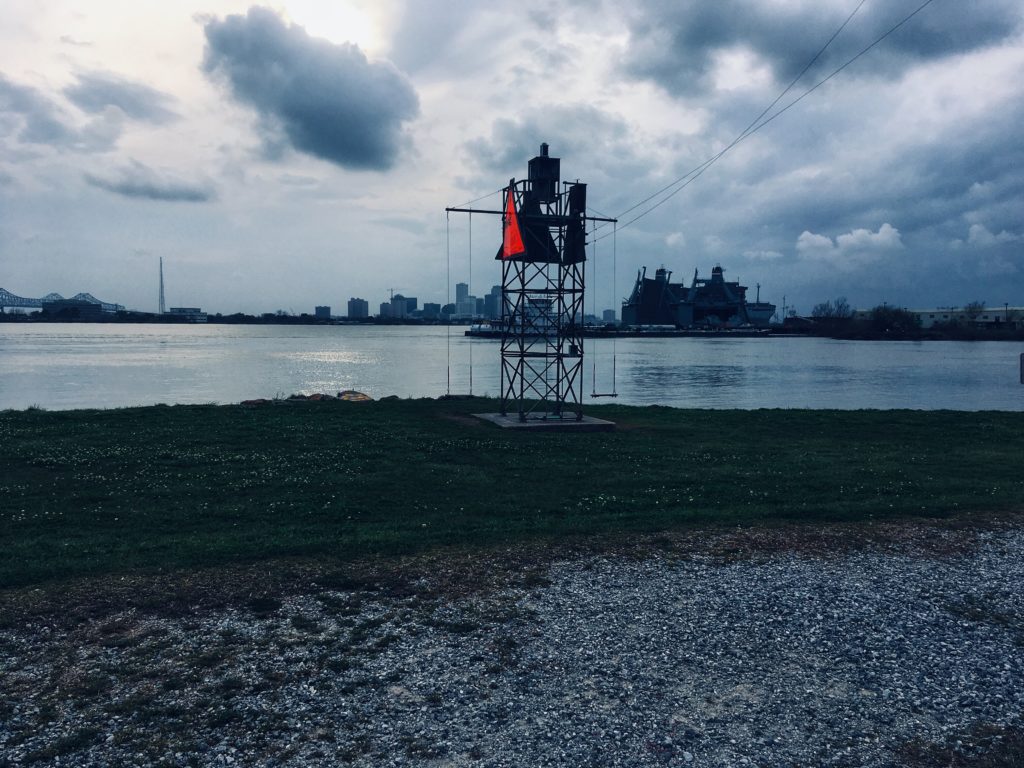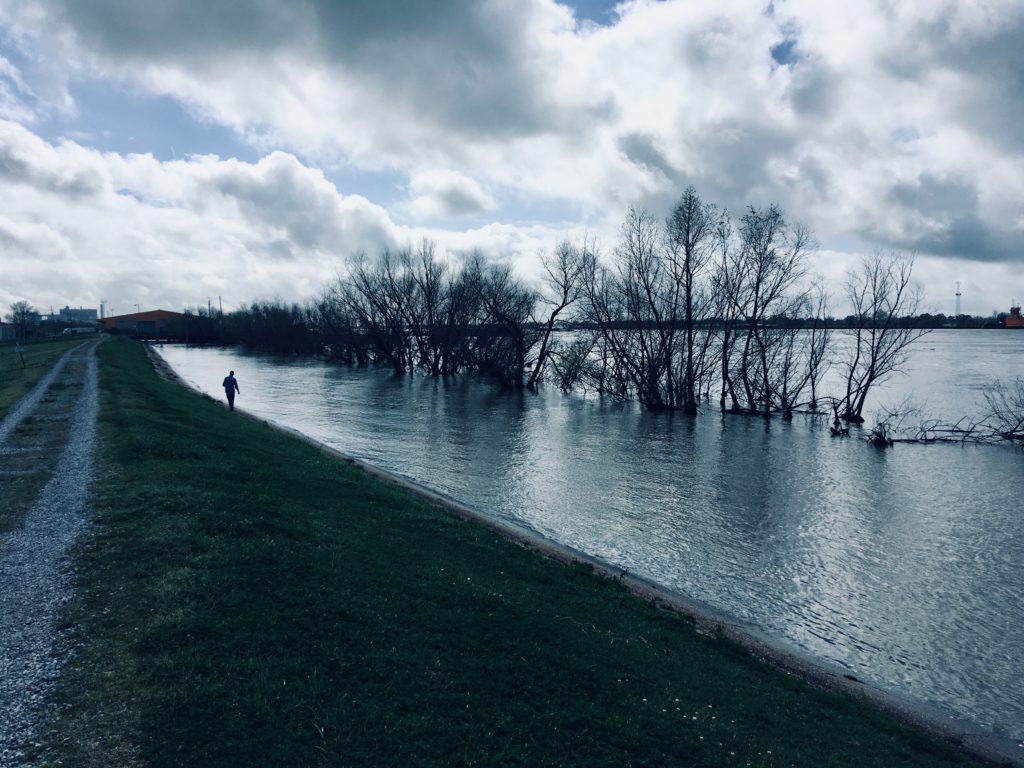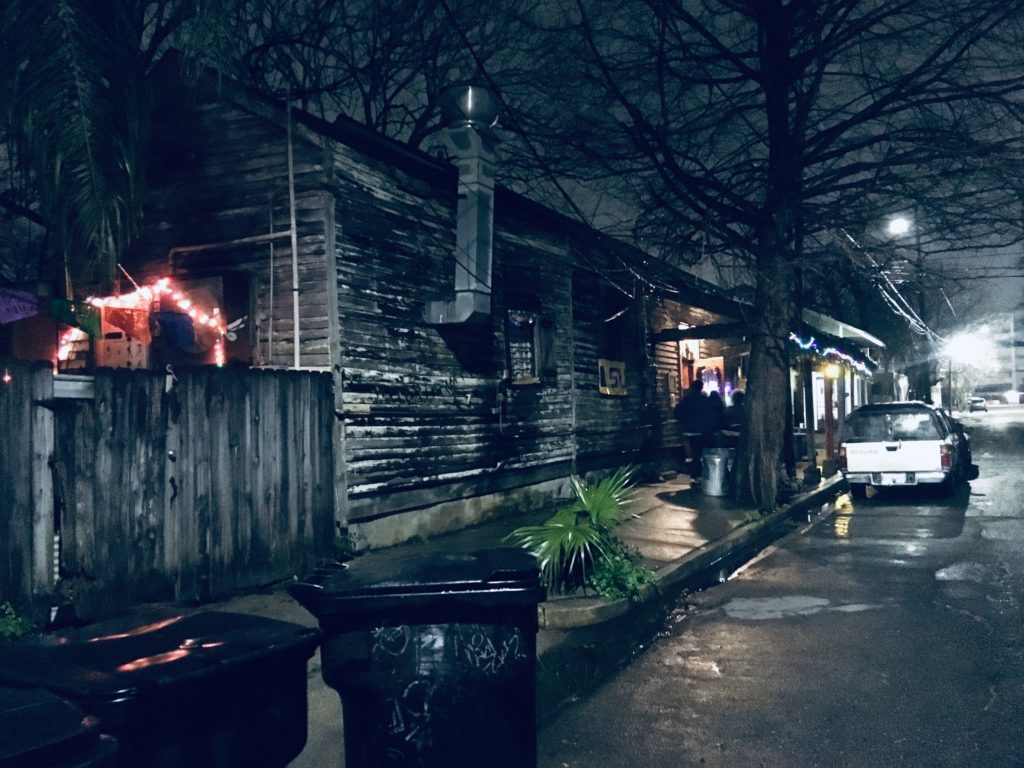by Siegmar Zacharias
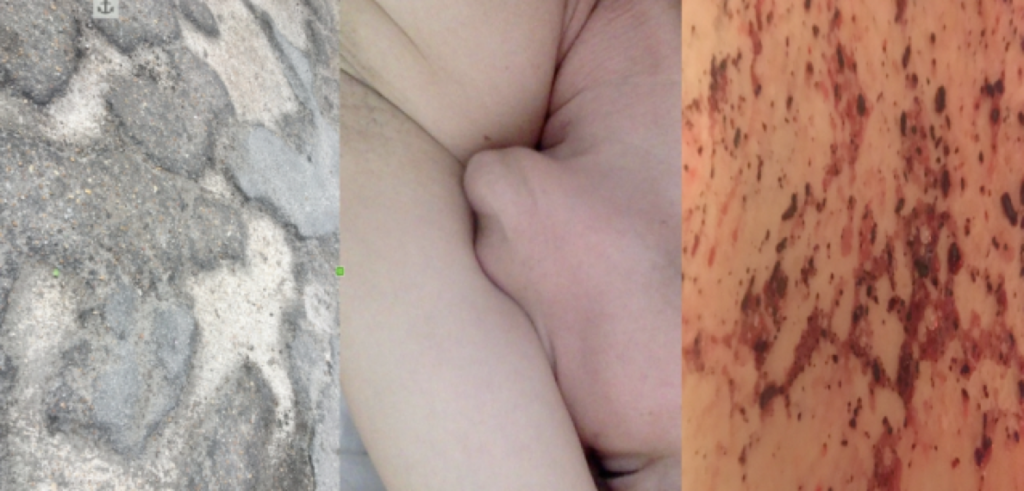
March 1st 2020 I went to New Orleans to be with and learn from people who engage in collective public practices of intimacy with death. 13 days later the Covid 19 pandemics forced a social distancing protocol onto us all and there was no public nor collective practices for a long time. I left New Orleans on the 1st of April through ghostly airports.This text was written in bites over the last two years.
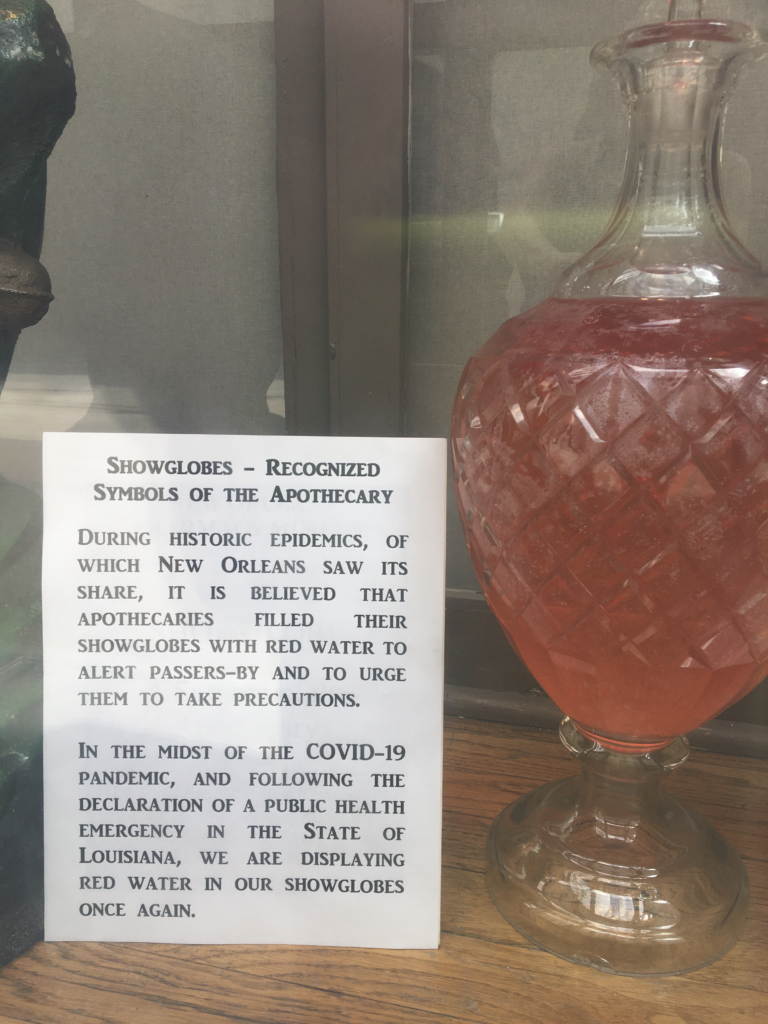
March 25th 2020
Security measures are technologies to keep you free from harm, injury or damage, and induce the feeling of safety. Safety however is a state that our nervous system learns at a very young age. A disruption of this state can be caused by trauma – physical, developmental, social, ecological or intergenerational trauma. The feeling of safety is something that can be thought outside a logic of harm. As humans, this safety relates primarily to our relational environment. Safety is the base on which a human being develops their capacity to be socially engaged. It is nurtured by sounds and vibrations in the human voice range, it is nurtured by touch, it is nurtured by breathing in fully and exhaling completely. I discharge energy in an uncontrollable tremor. I wear my mask to hold you in my gaze, to not avert the direction of my eyes with the vector of my breath. We hold each other in distance. You are not what I want to be safe from. Our interconnectedness shows up in the fear of and for each other. Holding that thought as I would hold you. With space, giving space to what we could be. Not holding on to a normalcy that never was. Anticipatory grief of lost lives, lost work, lost meaning, lost relations. The streets were never smooth here. The earth is in a state of constant liquefaction where water and solids segregate into cracks and potholes. Years of meandering scars shift the earth into uncontrollable landscapes. Softness. Emotional landscapes that move through us in the old rhythms of inhale exhale bounce. Bouncing between life and death I feel you more then ever my dead sisters.
May 20th 2020
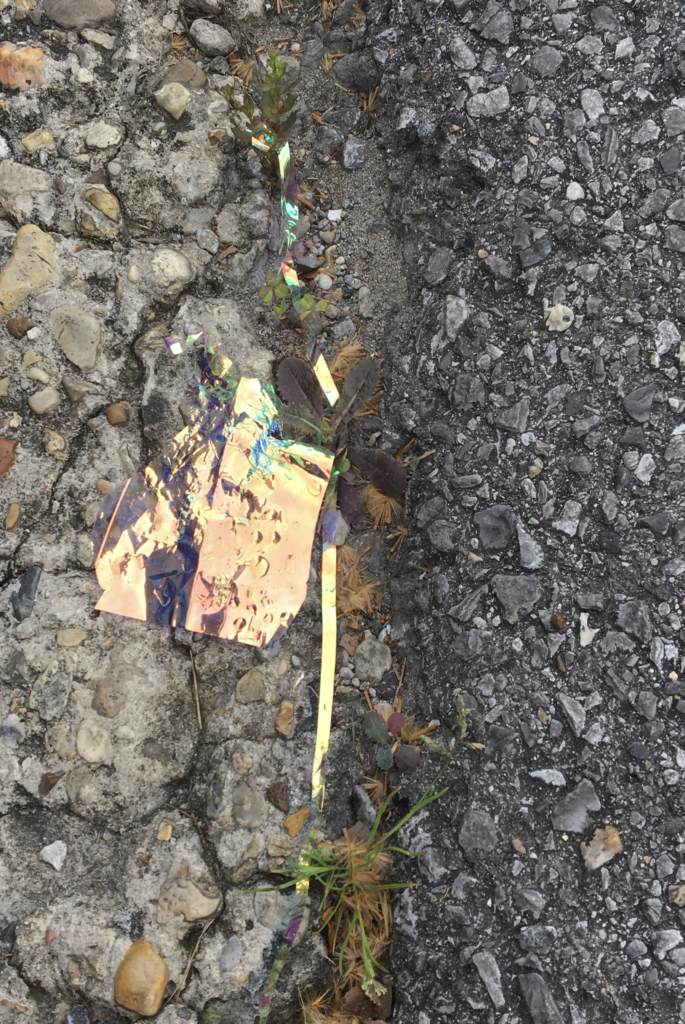
The space afforded us as unrecognisable bodies
and if space is
bodies are not owned
but places where the alien likes to stay, to linger, to grow.
Soft matter is solid but
behaves as fluid under pressure.
It is an action of re-orientation and re-organisation.
The membrane holding new connections, other needs.
We attach ourselves to the surface.
Small conduits pointing in the same direction.
Sucking in the area that gives itself
as a receptor.
Abrasion opens.
Spikes are welcoming, scratching, caressing, lacerating.
There is a binding which is not bonding, but an entrance.
Sometimes you can enter only through the cracks in a system,
other times the walls suck you in through their pores.
Sometimes desire is the driving force, sometimes it’s fear,
always power
mostly chemistry.
When you put pressure on solid bodies
they start behaving as fluid.
And edifices tumble on the way,
structures of thought and stone and habit.
The loss of bearing strength is a possibility for new formations
The loss of bearing gaze is the possibility for touch

Until then my friends, strangers, and lovers I have a small offering:
Last summer I made an ointment in a workshop run by Cat Jones: Medicament for your Predicament. What was the predicament? How should the medicament be active? What is it’s delivery system? Would it be taken through the mouth, the anus, the vagina, the nostrils or the skin? I wanted it to be a treatment that takes time and that ideally needed to be performed by more then one person. The predicament it should address is to increase the feeling of safety in the face of radical change. It is an abrasive scrub/exfoliating massage ointment made of coconut oil ginger infusion mixed with sodium bicarbonate, and ground hibiscus flowers, which are full of citric acid and go pink when desolved in water. Being an effervescent it creates a continuos fizz when it touches water. It has three components and four phases. A scrub. A water spray. A kelp powder mist. Apply the scrub to the area you want activated. The exfoliant takes old layers of skin off and the ginger works anti-inflammatory inducing cell regeneration. Spray with water. Watch it bubble and change colour to dark pink. Sense the bubbles clinging and bursting on your skin. When this micro massage is over and the scrub has changed its colour completely use it to massage the deeper skin and muscle tissue. The coconut oil feels fresh and juicy while the ginger builds up heat for you.
Once the skin is open and subtle, refreshed and breathing apply light touch stroking to enervate the
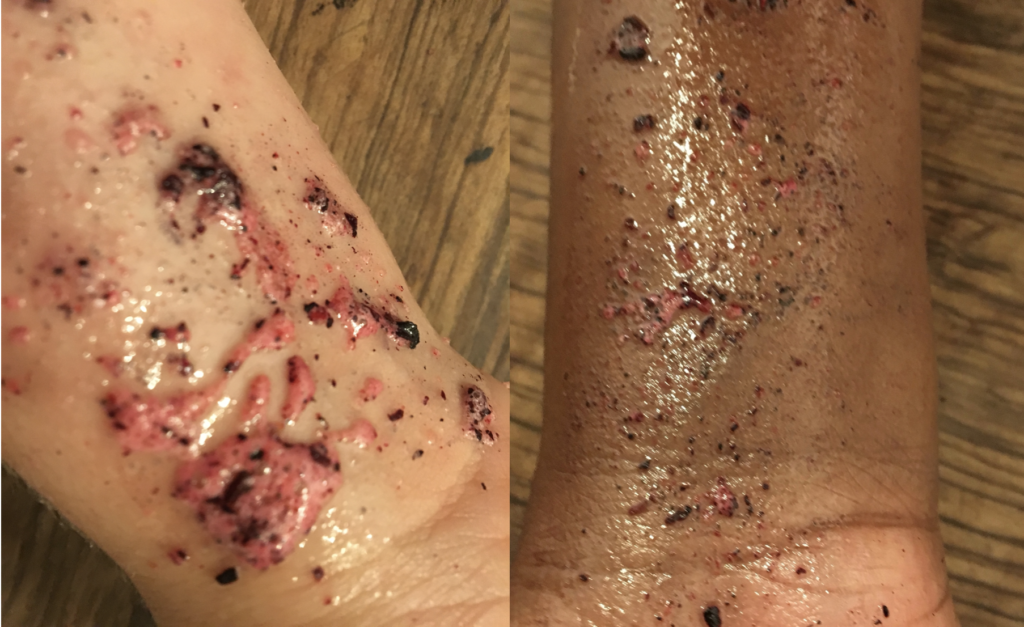
Merkel cells. They are special touch receptors. To end you apply the kelp mist, connecting with the tidal forces of the ocean and their periodic variations in gravitational attraction exerted by celestial bodies.
Ask someone to apply it for you. Offer to apply it for someone else. If you are alone apply it to yourself. Breath slowly inhale fully on six exhale completely on six. Caress your heart with your breath. Touch yourself inside out.
December 12th 2020
I want to come back to you.
I need to be in the swamp for a long time.
June 13th 2021
Over the last one and a half years I continued my conversation with you in my ways. One way I could be with you was by sound. A wave is a force that moves energy from one place to another. Waves travel through matter and space. Sound waves travel around the planet through bodies of water and matter. Light waves travel through the universe connecting celestial bodies. Seismic waves shake up the ground on which we stand.
Dear
listener
friend
stranger
lover,
I’m happy to meet you soon.
Can we acknowledge the complicated grieves, that are present in this time? Grief for the dead, grief because of the climate crisis, grief because social injustices, grief because of anti blackness, grief for a certain idea of future; individual, collective, worldly and planetary grief.
Engaging in the entanglement of forces that waves porduce I invite you to this listening sessions as collective grieving practices. I want to invite you to listening with the whole body. Giving our bodies as resonances to each other to be in the wild place of grief, of joy, of regeneration. They are sound meditations for wondering together into a space that we don’t need to be alone in. Building on a practice of nourishment and regeneration we want to sustaining transformative quaking while asking: How can we be together otherwise?
Bring something heavy that you can place on your body or hold in your hand.
Bring a hot water bottle or a blanket.
Lay down if you want.
Listen with your eyes closed, or listen in the dark.
Listen with headphones.
November 1st 2020
your body holds
future past present
it flows
feel
feel your history
as
ANIMAteriality aniMATERiality aniMATERIALITY anIMATERIALITY
when we connect through pressure and feelings
hold you
hold that thought
holding future past and present
we cannot
survive without
many
hands holding us
on the wild edge of grief
we have time
for grief
this is what we are called for
in a mutual gravitational field
to consent not to be a single being
the alchemy of loss
is to feel
yourself tangled
in a planetary nest
it is a prayer a plea a protest
at the centre of grief there is a presence
that is not your own
you are not alone
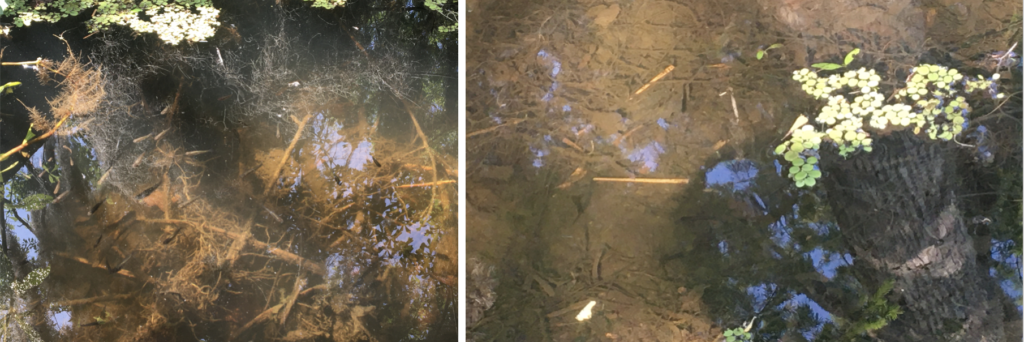
July 21st 2021
So, as they are talking, death is with them and their cousins loss and grief and love and care. And sometimes one takes the lead sometimes another. And they stay together and stand together against capitalist heteropatriarchal powers and winds of functionality and isolation. And they stand together against the claim, that it is up to them to get over it, and that it is personal and not political. And as they are walking together in the swamp, decay and regrowth all around them, they think about the temporality of smell and how it crosses and connects generations and landscapes and how it is the materiality of the body that grows after death, becoming pungend and rich. And they stand in the swamp seeing it die around them in the fragile equilibrium aerobic and anaerobic bacteria and microorganisms that transforms huge biomass and sediments and stores nutrients for a future to come. And they feel the vibration of subsounds surrounding the planet and how it crosses and connects generations and landscapes. And they learn to listen to the swamp and listen through their skin with more or less pigments and listen with their gut and with their bacteria in their gut, and listen to lives lost, and listen to sendimented layers of saturation, and listen to voiced unheared and voices not listened to. And they learn to listen to vibrations with their whole bodies. And they attempt to speak with their feet in the swamp and the bacterias in their gut resonating with the bacteria in the swamp. Languaging in ways unknown to themselves they are curious what will come (out) of these bodies crossed and connected by generations and landscapes. They stand together appart in an entanglement with that what was and that which will be, the becoming of new meaning, values and possibilities.
Siegmar Zacharias is a performance artist, researcher, and death doula based in Berlin. She collaborates with humans and uncontrollable materials, such as smoke, slime, drool, the nervous system exploring generative ethical dynamics of transformation and radical change. She explores performance as collective grief-work in the tension between intimacy and alienation. Affiliated with Roehampton University she received a TECHNE scholarship for excellency and inovative research to persue her PhD project. She is a fellow at THIRD DASResearch at AHK Amsterdam.
